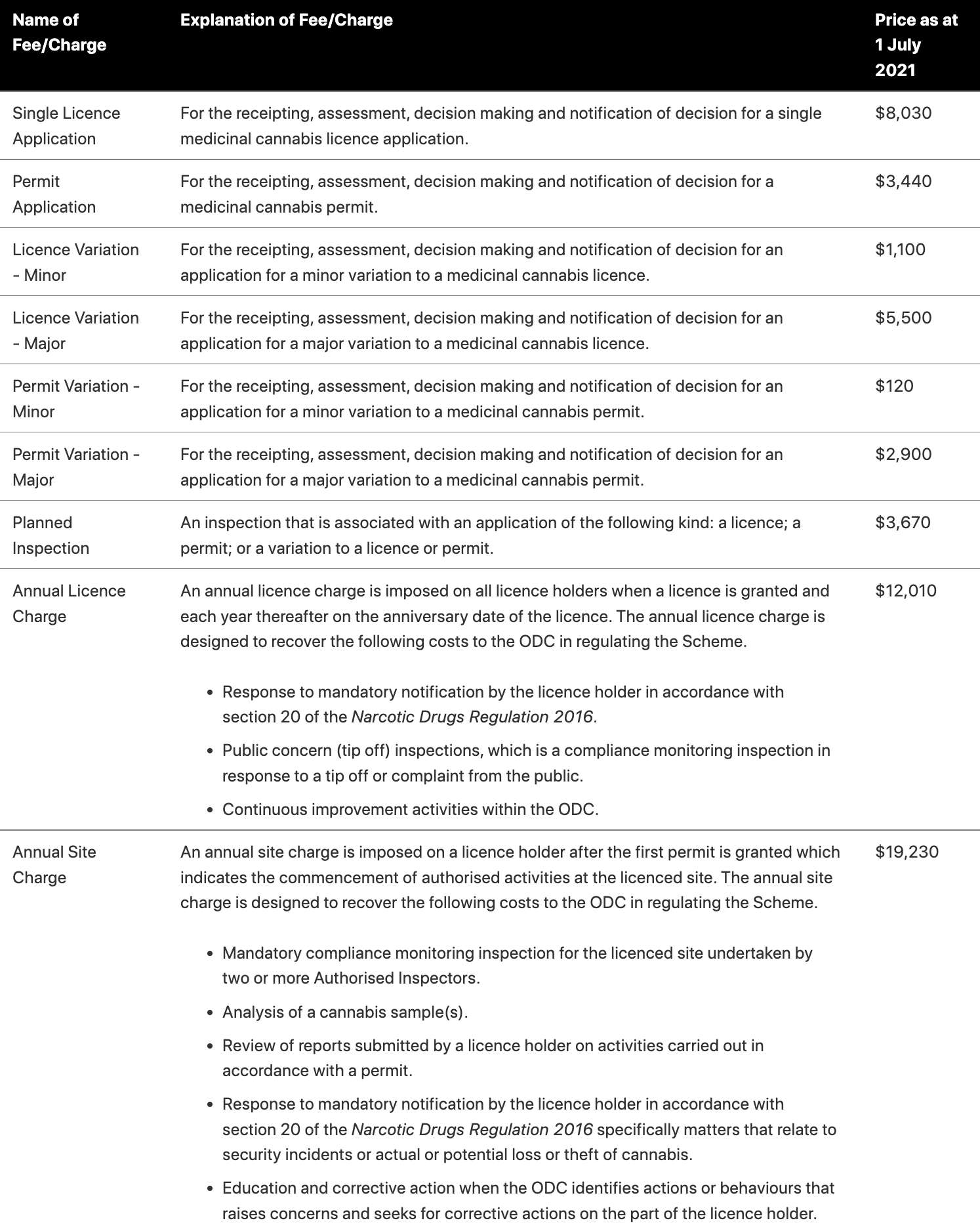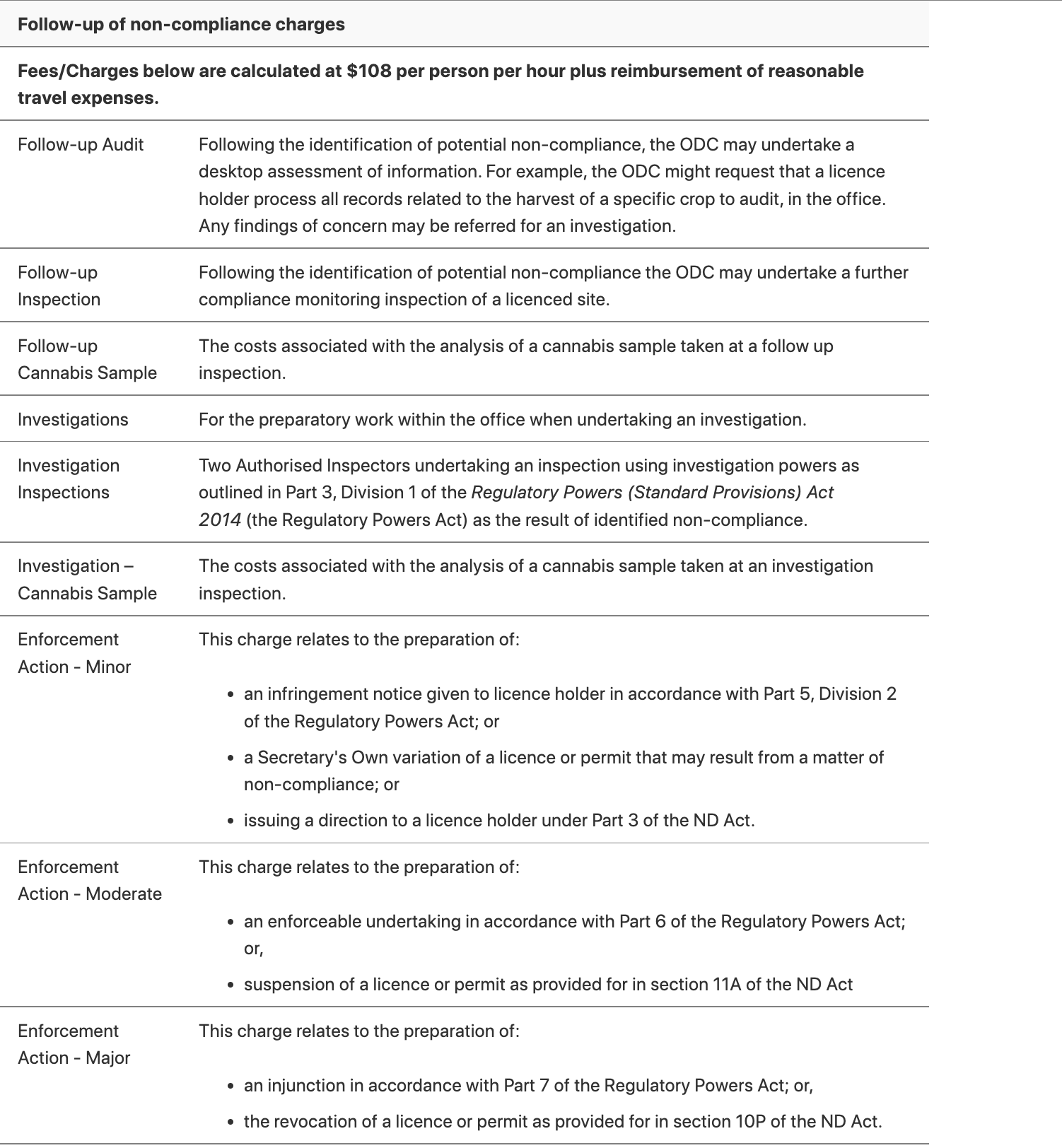How to kill the illicit cannabis market - a guide.
It should also be allowed to freely traded and gifted, an approach which was demonstrated best by the example set by Thailand when the government freed 3000 cannabis prisoners and gave away one million cannabis plants.

If the voices who have kept cannabis illegal for so long are to be believed, the illicit cannabis market is a multi headed beast that can only be contained with the strictest force of the law.
However, we only need look to the reality of the massive number of people every year thrown into gaol for the victim free "crime" of cultivating or possessing cannabis, to see that the war on drugs approach simply isn't and has never been, one that actually works.
The recent Penington report states that in 2019-20 there were 77000 arrests for cannabis in Australia.
In the state where data is most transparent(Victoria), it was shown that nearly a third(31.2%) of people involved in a possess cannabis case received a term of imprisonment.

I don't know why this number isn't more widely reported, but perhaps there's a journalistic blind spot when it comes to cannabis and the correspondingly outrageous number of Australians being gaoled for it.
With so many people being arrested and gaoled, you'd think there would be some kind of corresponding drop in demand or reduction in the number of drugs being seized by the authorities, but according to their own figures, this simply isn't occurring.
In the period 2019-20 there were 12846 detections of attempts to smuggle cannabis into Australia, and over 62454 cannabis seizures within Australia.
Clearly, whatever they're doing now, is simply not working.
I'm proposing an alternative multi stage strategy.
The first stage of the strategy is an amnesty on homegrow and possession that's in accord with international treaties and the UNSCOND.
An amnesty approach would see cannabis remain an illicit substance under the current state and territory laws, but it would provide patients with a defence and offer defined measures of protection around possession amounts, to patients who visit a doctor and obtain a prescription.
This kind of approach would shift the emphasis from that of enforcement into one that makes affordable access and the human rights of a patient, the over riding priorities.
Much in the same way as Canada addressed the issues of affordable access and human rights aspects of home grow, an amnesty based approach would allow for home cultivation of plants in numbers that are consistent with being able to cultivate a reasonable amount of final product for the patient(s) being supplied.
Only once an amnesty based system was in place for patients, the wider human rights of the general adult population could be addressed with adult use legalization measures.
Measures that are bottom up and include the people who have the most experience with and affinity for the plant itself.
Most approaches (which have failed to stop the illicit market) have been top down.
A top down system is geared towards allowing large companies exclusive access to charge whatever they like and it continues the failed logic of prohibition.
Entry requirements are onerous and restrict the ability of people who have been harmed during the war on drugs, to enter the industry.
In Australia, the fees to apply for a license to legally cultivate medical cannabis are very expensive and to many it must seem as though they have been designed specifically to keep low cost entrants out of the sector.
A table of ODC fees appears below.

Don't be thinking that's all. Here's the table of non-compliance charges.

Drug testing of cannabis company employees is also undertaken along with Police checks and people with any history of cannabis crime are automatically excluded.
This approach does nothing towards addressing the ills that are most often used by politicians as being reasons for the "legalization" in the first place.
DO NOT BE FOOLED.
This top down approach is the preferred approach from regulators and lobbyists.
It is the one that promises the greatest profits to shareholders and investors, but instead it produces the most waste and it destroys the most shareholder value by funneling profits into government businesses.
It does not provide great jobs to Mums and Dads or offer any real opportunity for small businesses to participate in the new cannabis sector economy.
My vision for the new cannabis sector opportunity is different.
My vision starts with the actual community and the current growers.
An inclusive rather than exclusive model.
A locally grown product sold at low prices, relying on the same protections that are in place now for fresh and dried produce.
It doesn't require a $200K license or an annual inspection.
If you want to buy cannabis from someone with a license and who pays to get their facility inspected, then visit your doctor and obtain a prescription for some of the cannabis that's grown in the monitored spaces and processed in clean rooms.
The model I'm suggesting is a non prescriptive bottom up approach, as in it would be limiting to define a special kind of store with a special kind of license or restriction if we want innovation and opportunity to be the drivers of growth.
We don't define that you can only sell tomatoes at the tomato store, and we shouldn't define that we can only sell cannabis at a cannabis store.
Cannabis could be available at farmer's markets and at retail stores that are specialists and want to offer their customers choice across cultivars and cultivators.
It should also be allowed to be freely traded and gifted, an approach which was demonstrated best by the example set in Thailand when the government freed 3000 cannabis prisoners and gave away one million cannabis plants.
The key is not be limiting in our approach to how it can be incorporated if we're ever going to hope to get the most benefit.
The direct revenue that would flow to government would be the normal GST that's added to any sale if a business' turnover exceeds the annual GST threshold.
A bottom up free market approach that starts from a position of inclusion.
If age restrictions are seen to be an issue that is too hard to walk past, then address it in the same way a small grape grower would be licensed to do cellar door sales or a small store is licensed to sell tobacco or beer.
These are not the big issues some of the anti cannabis crusaders might like you to think they are, instead they are just simple problems with very simple solutions.
Further reading - Regulated Legalization of Cannabis through Positive Human Rights Obligations and Inter se Treaty Modification.





